To ensure the sustained effectiveness of climate-adaptive interventions, the Department of Social Welfare and Development (DSWD) Field Office XI, through the Risk Resiliency Program – Climate Change Adaptation and Mitigation (RRP-CCAM), conducted a joint site visit with representatives from the Disaster Response and Management Bureau (DRMB) of the DSWD Central Office on June 26, 2025. The monitoring activity focused on key Project LAWA at BINHI implementation areas in Barangays Datu Danwata and Kilalag, Malita, Davao Occidental.
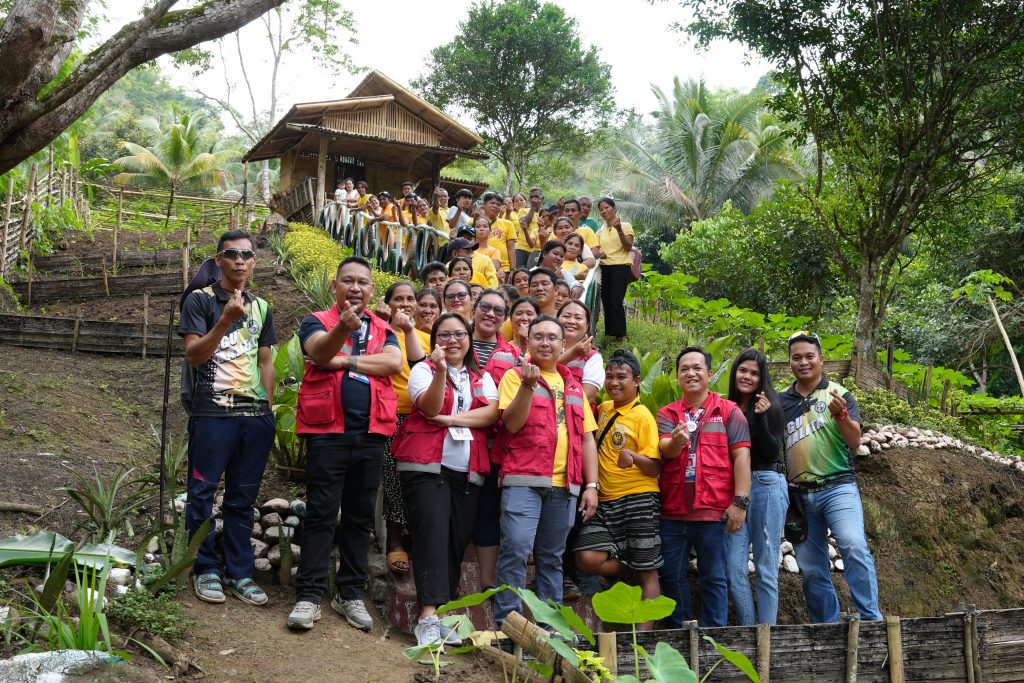
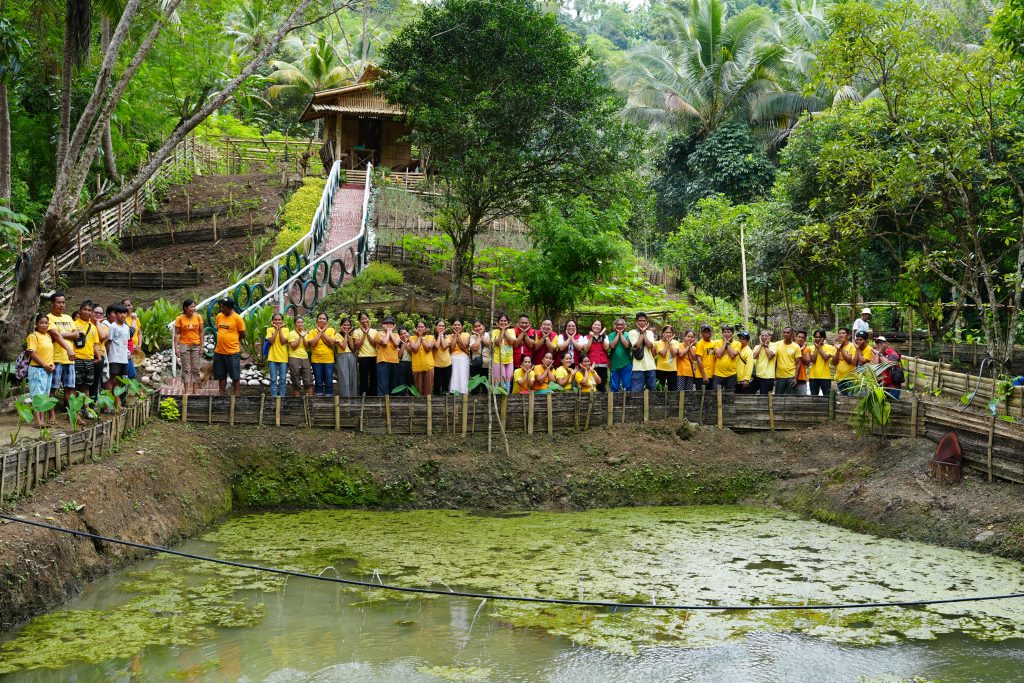
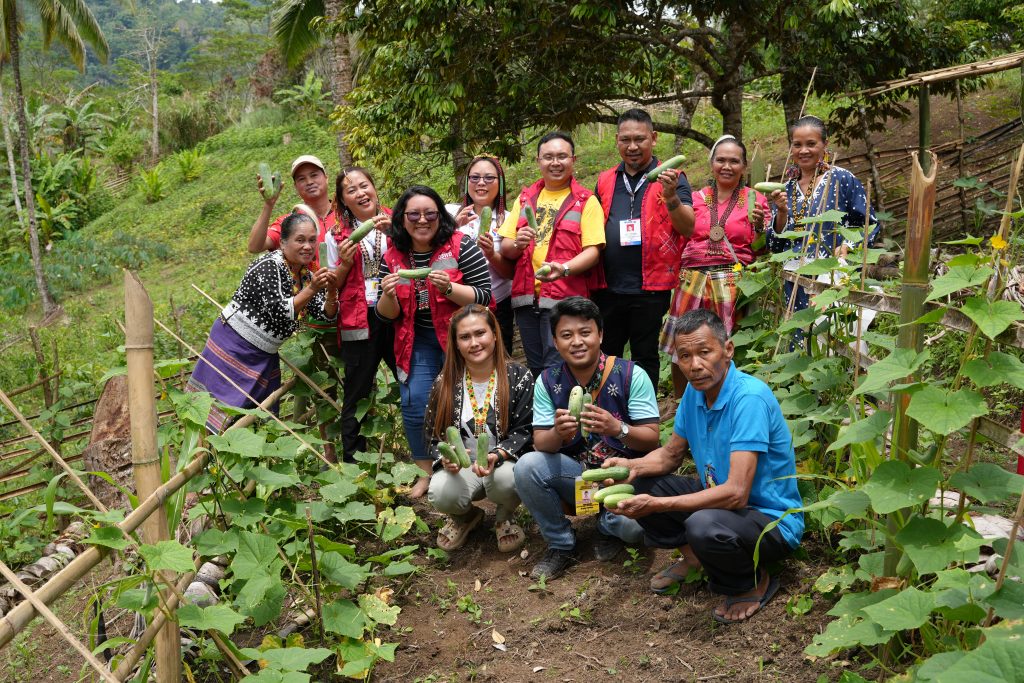
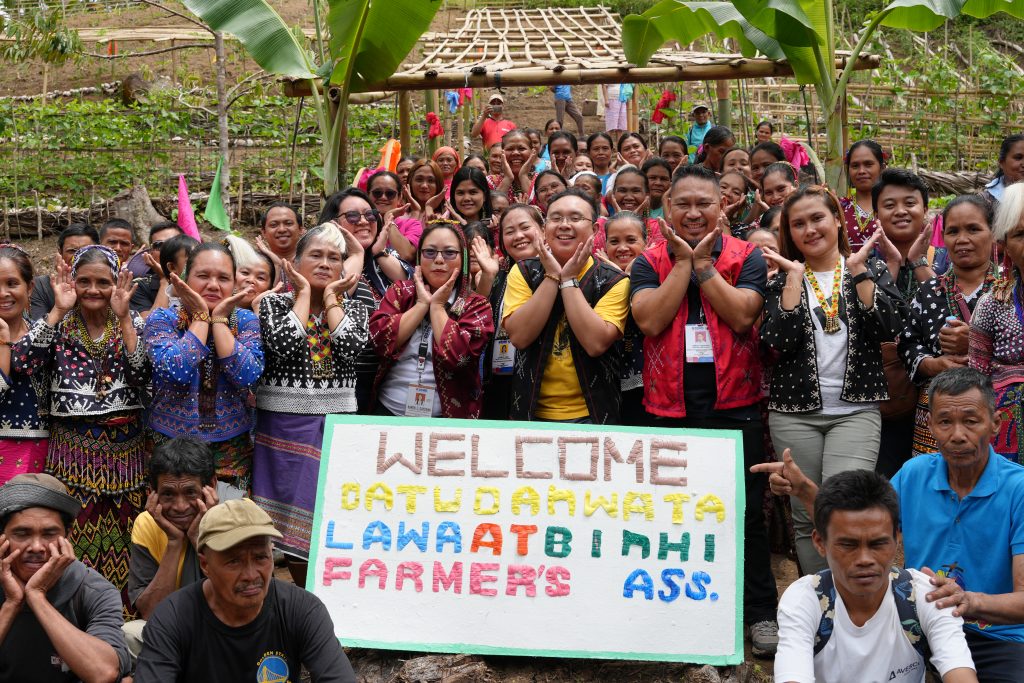
The team assessed community-managed vegetable gardens and small farm reservoirs (SFRs) established through the project. The visit aimed to evaluate ongoing operations, identify implementation concerns, and provide technical assistance while documenting best practices. Discussions also explored plans to expand the project’s reach through additional inputs such as vegetable seedlings and tilapia fingerlings—both critical in enhancing food security and local livelihood opportunities.
Among those who joined the visit were Davao Occidental Social Welfare and Development Officer Arris P. Medrano, representatives from the Municipal Agriculture Office (MAO) and Municipal Social Welfare and Development Office (MSWDO) of Malita, Central Office National Focal Person Charles Jason P. Cahilig, and Mindanao Cluster Focal Abbey Margarette C. Despabiladeras. Also present were Karen C. Gayonan, Regional Focal for Project LAWA at BINHI; Jo Ann V. Labio, RRP-CCAM and Disaster Focal for Davao Occidental; Bae Lolita D. Labis, Indigenous Peoples Mandatory Representative (IPMR) of Malita; and barangay officials from the project sites.
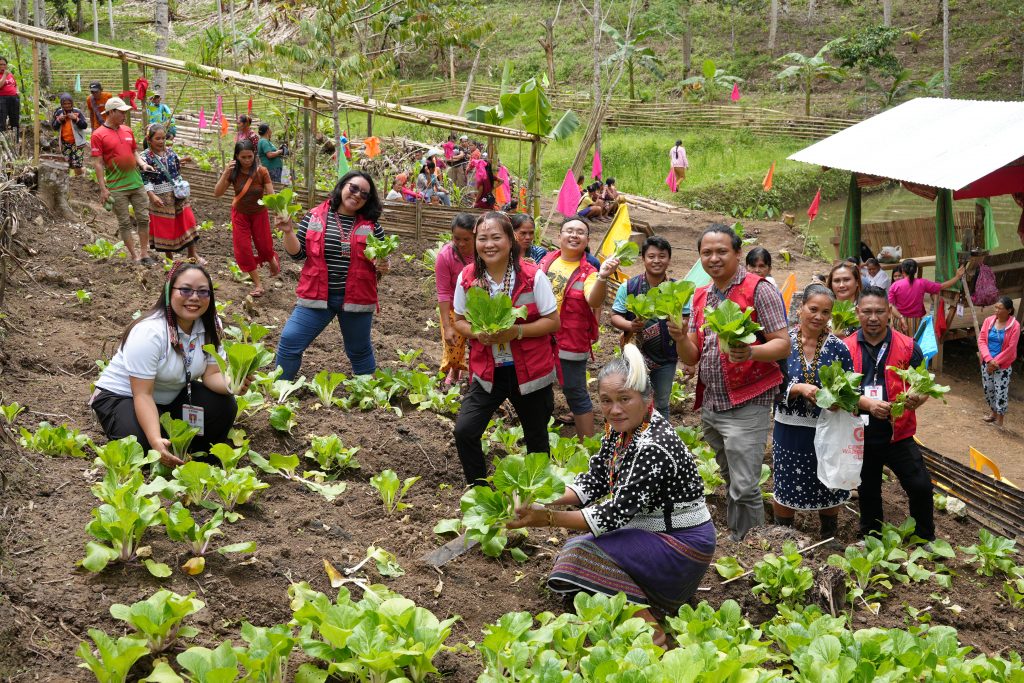
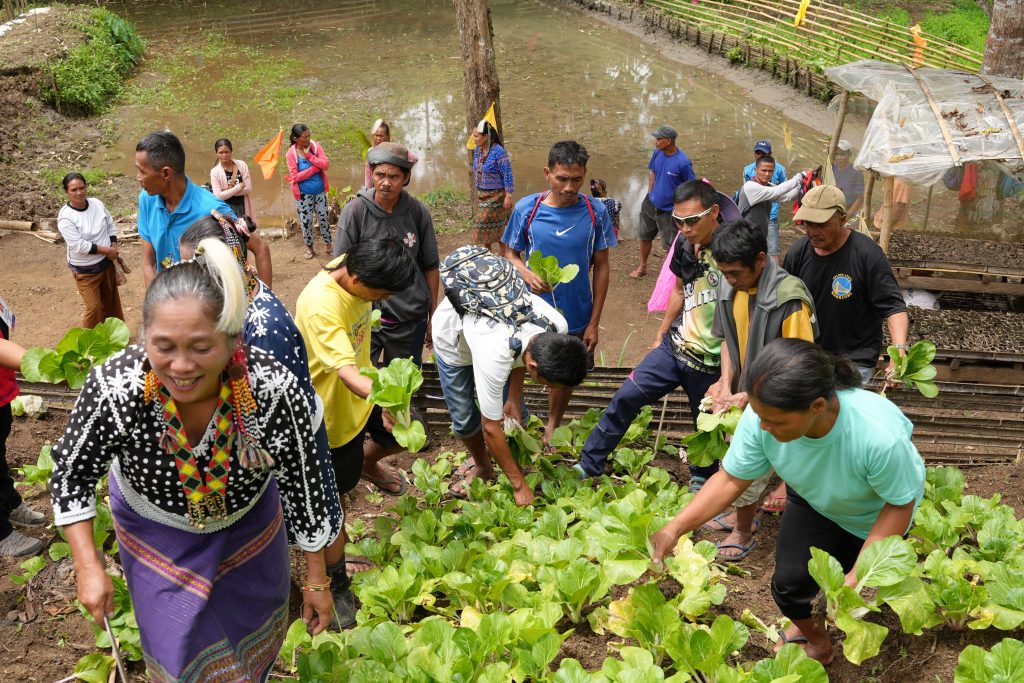
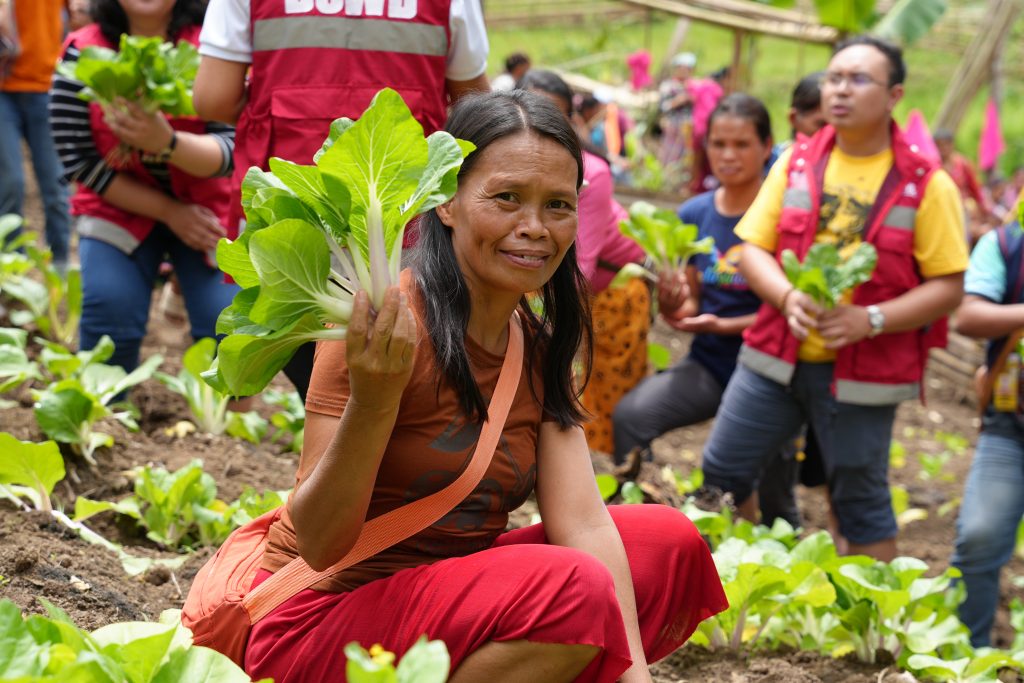
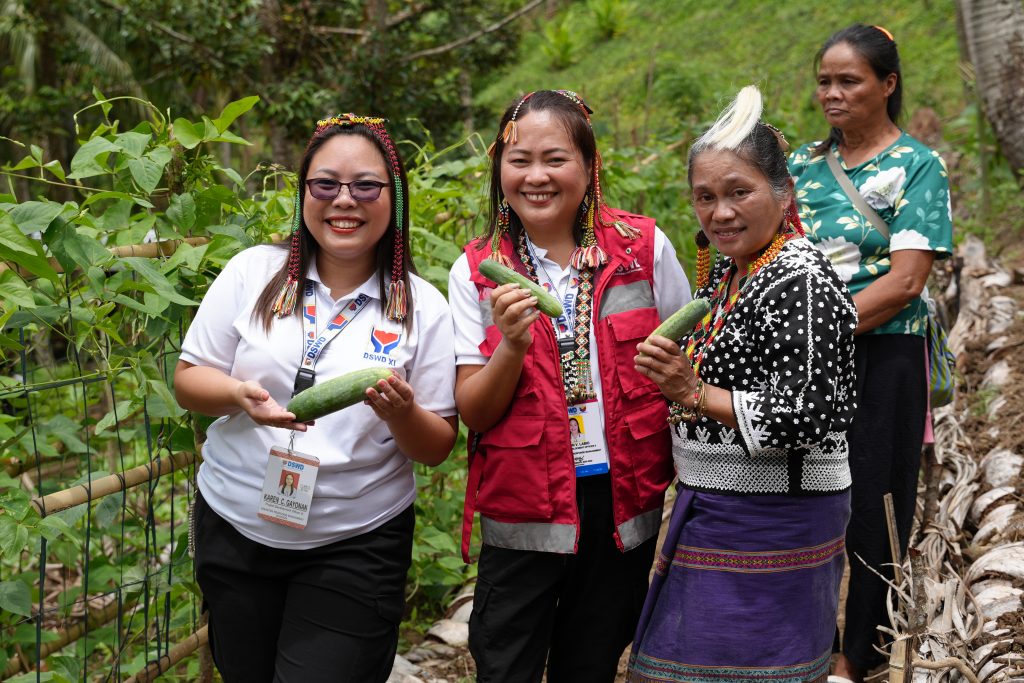
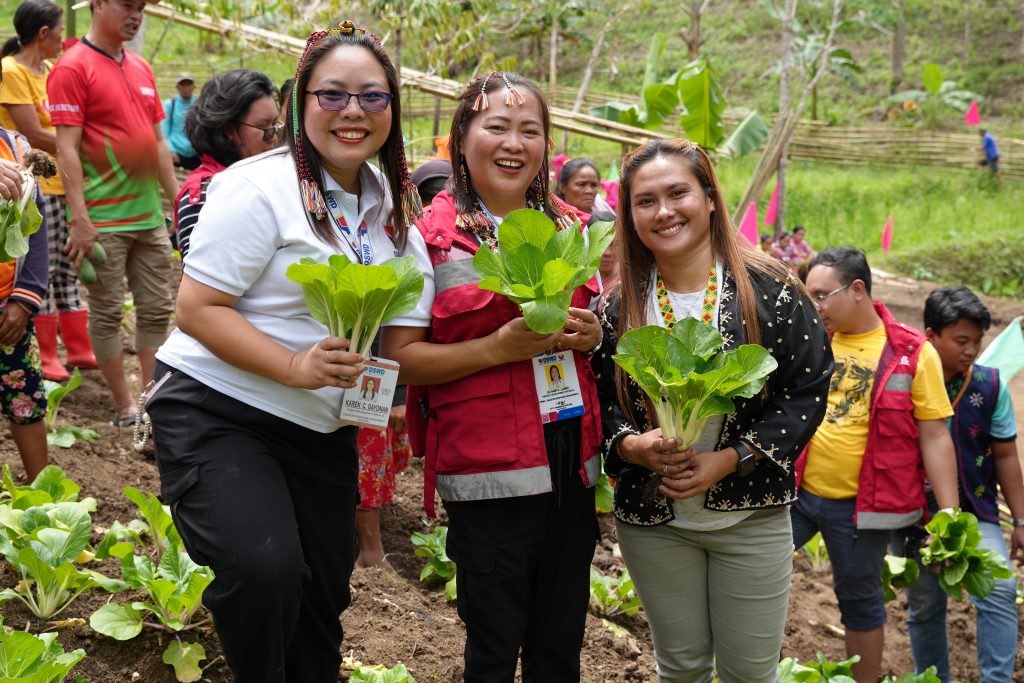
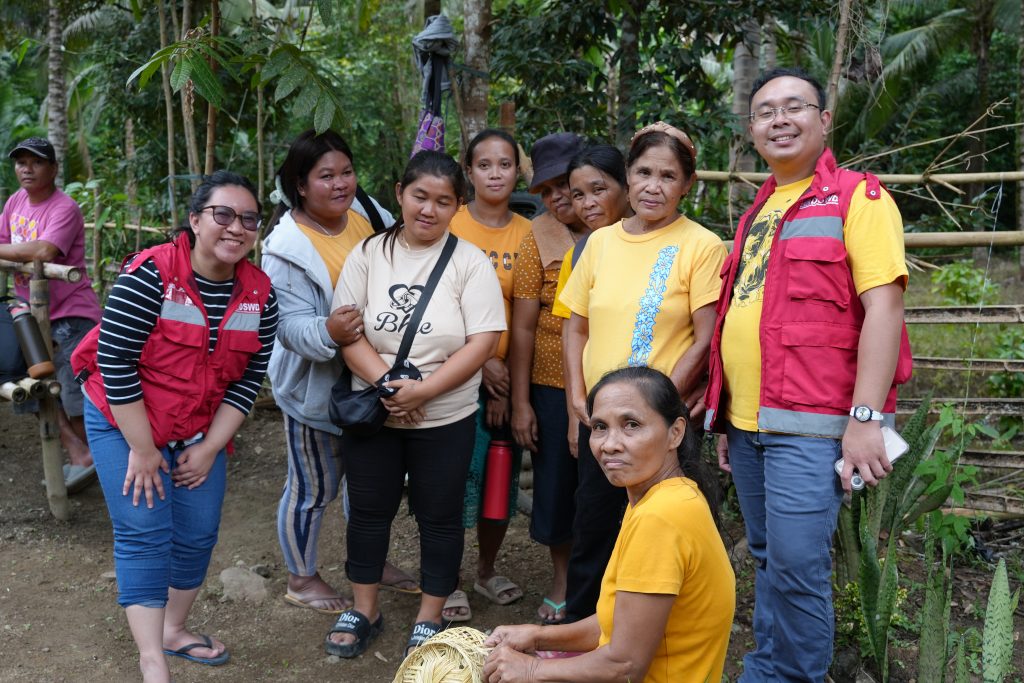
This site visit reaffirmed DSWD’s commitment to empowering climate-vulnerable communities through localized and sustainable solutions. It also highlighted the importance of fostering social cohesion by promoting shared responsibility, inclusive participation, and strong community partnerships. Project LAWA at BINHI remains a model for how grassroots-led interventions can strengthen unity, build resilience, and uplift communities to thrive amid the challenges of climate change.

